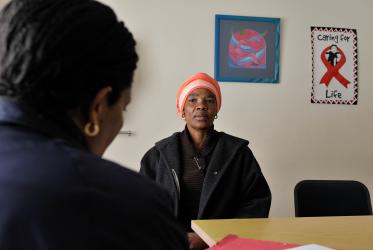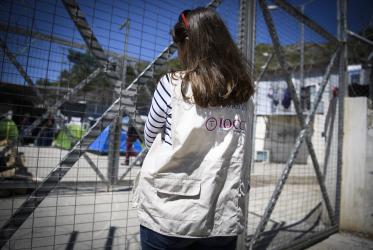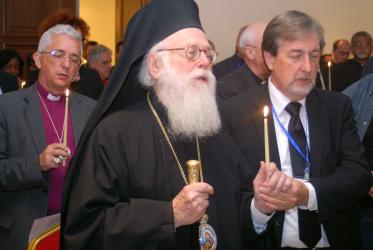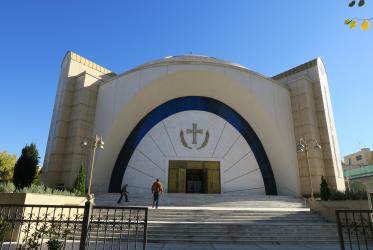Displaying 61 - 80 of 94
11 July 2017
G7 must address famine
22 May 2017
WCC Blue Community implements water changes in the Ecumenical Centre
16 February 2017
Local work by faith-based groups key to ending AIDS
27 June 2016
Winners of WCC photo contest announced
09 May 2016
WCC convenes strategic meeting on sustainable development goals
11 February 2016
Rebuilding a smashed church in Albania
23 December 2015
Orthodox church in Albania resurrected
23 December 2015
In Albania, churches’ share of health care has grown in new era
23 December 2015













